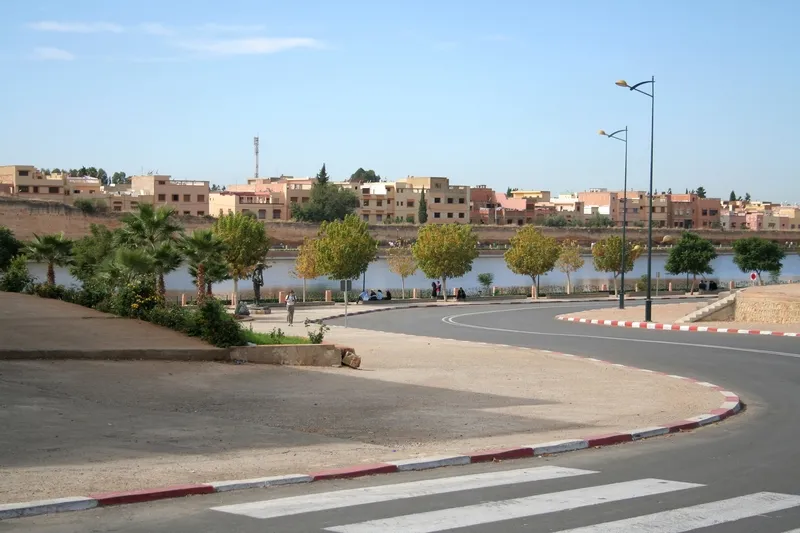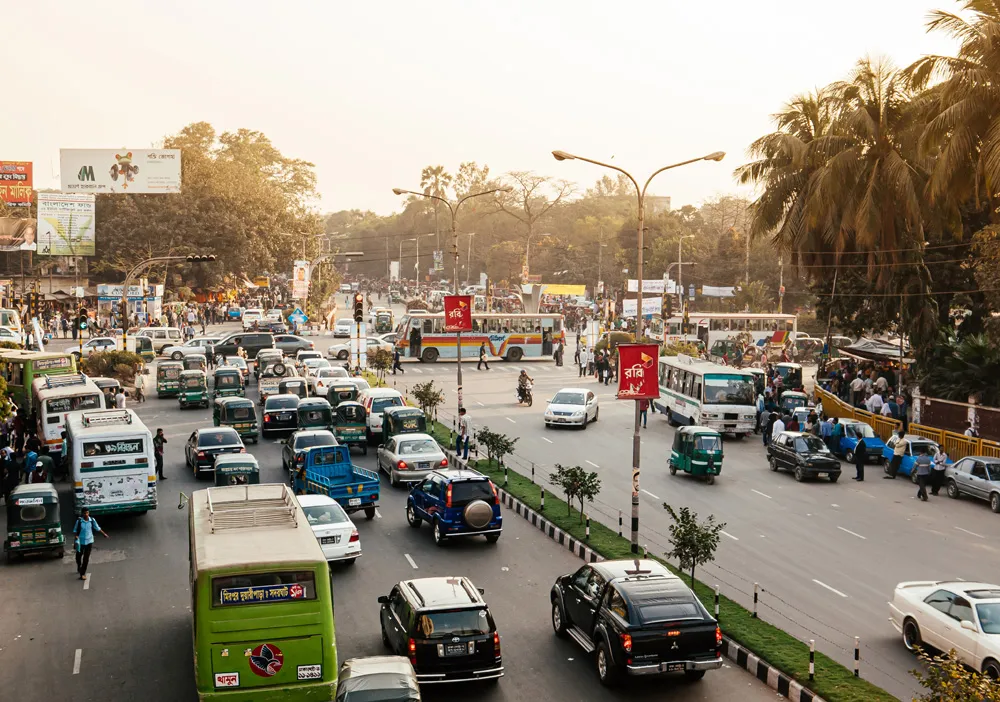Morocco’s Transport Ministry says that by 2035, the country will have constructed 85% of its required transport infrastructure. To achieve the country’s ambitious transportation development programme, PPPs will increasingly be used to deliver projects due to the high levels of investment required. The country’s high speed rail project will be the first of its kind in Africa, while new ports will be built in Dakhla, Jorf Lasfar, Safi, Kénitra and Nador.
July 22, 2015
Read time: 1 min
Morocco’s Transport Ministry says that by 2035, the country will have constructed 85% of its required transport infrastructure. To achieve the country’s ambitious transportation development programme, PPPs will increasingly be used to deliver projects due to the high levels of investment required. The country’s high speed rail project will be the first of its kind in Africa, while new ports will be built in Dakhla, Jorf Lasfar, Safi, Kénitra and Nador.








